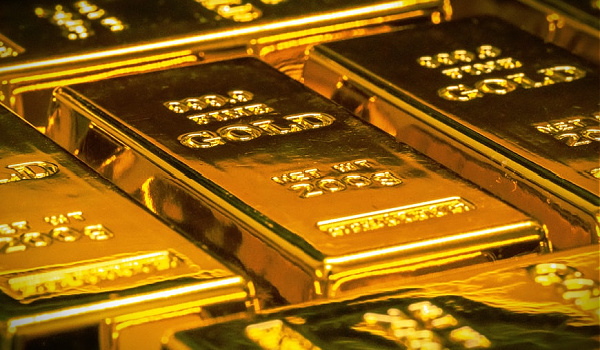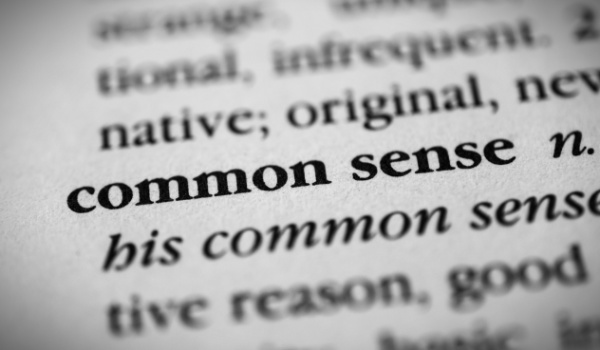The short answer to the question in our headline is YES.
Is it too late? It just might be.
Old (ancient) habits are extremely hard to break but sometimes things change and you either adapt or risk becoming irrelevant. That may very well be the situation global central bankers are facing with regard to their country’s reserve holdings. Since a cornerstone of every central bank’s holdings is gold, it just might be time to rethink that core holding.
So, you are the head of a central bank (lucky you) and your job is to manage your country’s cash reserves. Sounds hard but it really isn’t. You buy and and hold other countries’ fiat currencies, adjusting every so often depending on trade surpluses/deficits and economic conditions. But generally. you hold U.S. dollars. That usually means U.S treasuries (see, how hard is that?), bonds, etc. Also, you hold gold. With that overall mix you get to go to really fancy meetings worldwide, get to be seen with other central bankers and “discuss” world economic issues. And, as long as you manage your country’s reserves just like all the other bankers, you get to keep your job (and perks). So as long as everybody plays by the same rules all is good. Right?
Now that is a VERY simplistic overview of some of the functions of a central banker. But the point is, do central banks continue to hold gold as a percentage of their reserves?
I mean no contemporary government requires all of its money to backed by gold, but governments still store huge amounts of bullion, measured in terms of metric tons, as a failsafe against hyperinflation or another economic calamity. That just seems to be SO last several thousand years. Considering the United States holds the largest stockpile of gold reserves in the world (anyone actually audited?) at over 8,100 tons, that only comes to roughly $550 Billion in valuation based on current gold market value. Just how much “failsafe” protection does that provide with a roughly $25 Trillion budget deficit? Not much.
So giving the benefit of the doubt to the likes of The Fed, the European Central Bank (ECB), the Bank of Japan, the Bank of England, the People’s Bank of China and Deutsche Bundesbank in Germany, I’m sure they have heard of Bitcoin. Of course it’s well documented they all “dislike” Bitcoin (China banned it, so they’re out), but perhaps they all should consider making peace with this new asset class. How? Like any other intelligent investor, diversify. Really! Why would you not?
Gold as a store of value has lost its luster. There were many reasons to hold gold and it served as a means of exchange, to varying degrees, for thousands of years. For much of the 17th to 20th centuries, the paper money issued by national governments was denominated in terms of gold. Paper currency was a legal claim to gold. International trade was conducted using gold.
For this reason, countries needed to maintain a store of gold for both economic and political reasons. No more. Now all these central bankers have nothing more than shiny pretty rocks sitting in vaults. Producing nothing. What if every central banker allocated just 5% of their gold holdings to Bitcoin? Very prudent. In the case of the U.S. alone, 5% of its $550B gold holdings would amount to just $27B diversified into Bitcoin. Central banks could monitor and assess results.
It also might be a good idea to have The Fed chat with Michael Saylor, CEO of MicroStrategy, since he revolutionized adopting Bitcoin as a store of value. He committed his firm’s excess cash reserves to Bitcoin beginning a year or so ago. Holding cash and zero interest rate treasures made no sense to Michael. Other CEOs have followed suit, utilizing this new(?) digital asset class.
Or, check with the President of El Salvador who recently made Bitcoin legal tender in the country and holds Bitcoin in the country’s treasury. Are the “big” central bankers too late to join the 21st century? Note; its NEVER too late when dealing with generational innovation and change.
Will the worlds central banks actually consider diversification of their gold holdings into Bitcoin? Will they risk breaking with thousand of years of “tradition?” Would they risk not being invited to the fancy dinners and Dom Pérignon toasts with the other members of “the club?” We will see.
Note: I am a devout Bitcoin bull and holder. The very thought of 5% of global gold holdings investing in Bitcoin’s 21M hard cap supply makes me…..very excited.







